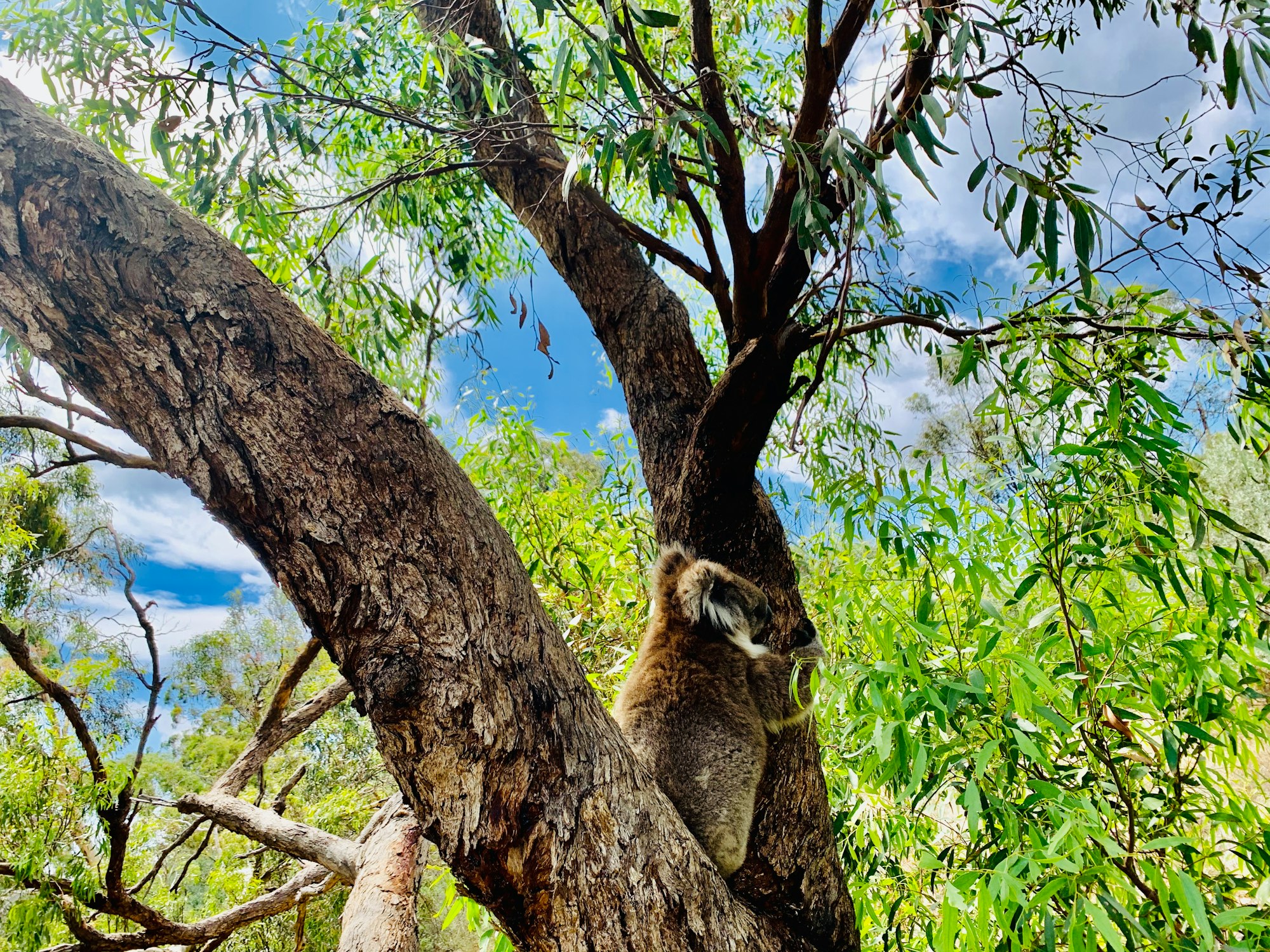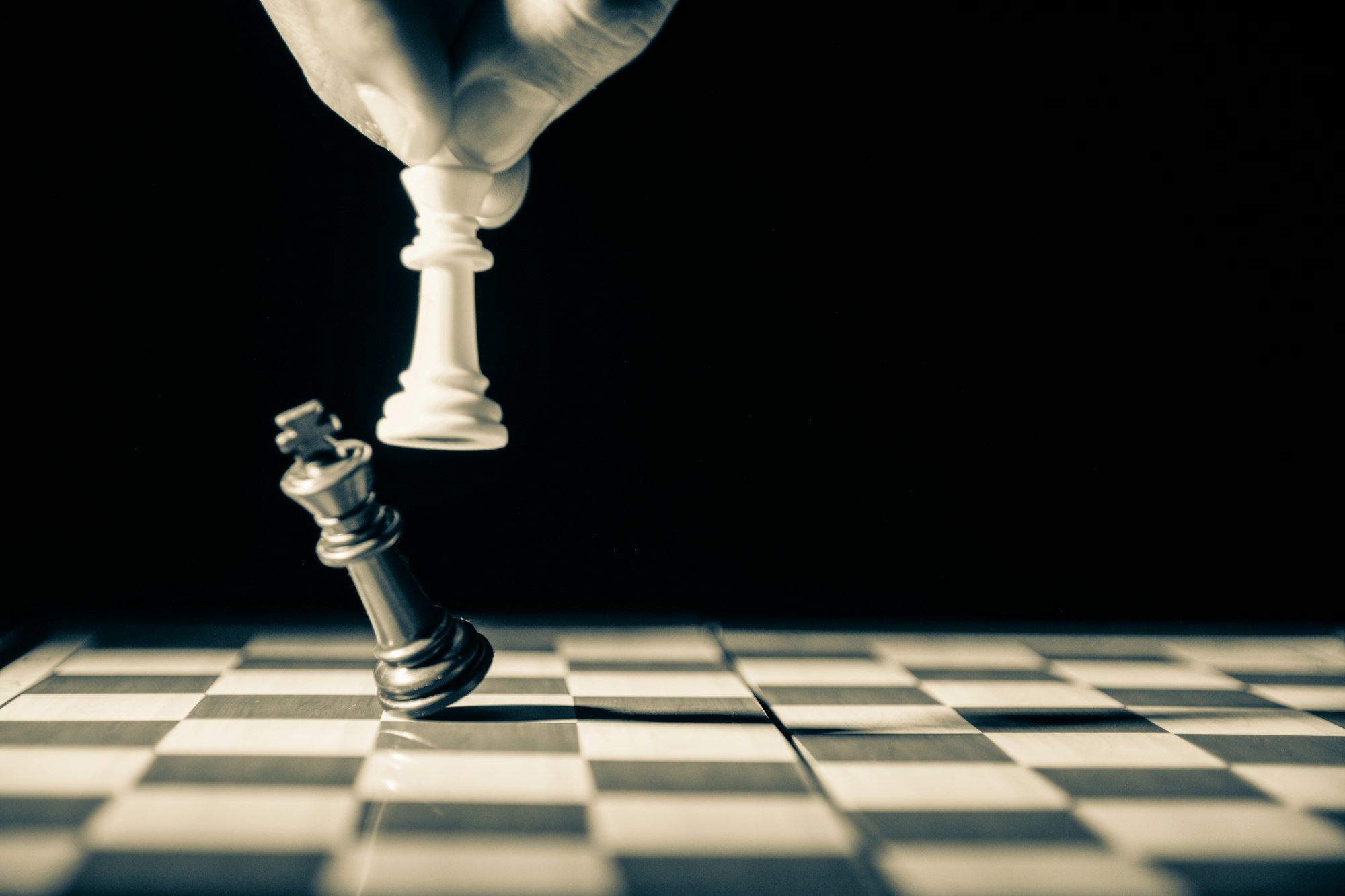Kay Ryan, "Things That Have Stayed In Position"
Should a writer be toxic? Raising the stakes, erasing the past, undoing social bonds?

Welcome!
Hi everyone. I just have one link that I think will be helpful in making all but the most apathetic care about our insanely powerful billionaire class. ProPublica has a piece on how Peter Thiel has $5 billion dollars in a Roth IRA. Because of a specific scenario, a lot of the money within that IRA was never taxed, and he's due to receive the full amount without paying any taxes when he comes of age.
Thing is, the money isn't just money. He's used it to buy other companies, bankroll Trump's campaign, and of course sue Gawker into non-existence. This is immense political power he's wielding with no consequence.
There's so much more to share with you--lots about the horrors of our criminal justice system, a still-failing health system, immigrant detention, human rights violations worldwide, and growing fascist movements. It's a lot to talk about. I feel like whatever I present, I had better be able to argue its specific relevance.
Kay Ryan, "Things That Have Stayed In Position"
Alina Stefanescu: Write a poem addressed to Kay Ryan, in response to her statement: “I think poets should take the lesson of the great aromatic eucalyptus tree and poison the soil beneath us.”
Poison the soil, she says.
As if in a war, needing to protect a high value target. The enemy can’t step near. The preventative measure raises the cost for all involved. If they bring manpower but no know-how, a great trap awaits. If they capture the target, what’s left is poisoned soil.
As if after a war. Rome planting salt in Carthage’s fields.
There are toxic people. “Toxic” is apt. Always fighting the last war, twisting norms and manners to make the good seem bad. To make the beautiful unbearable. (Someone continuously ranting may be grating or unpleasant, but not necessarily toxic.)
Should a writer be toxic? Raising the stakes, erasing the past, undoing social bonds? If a writer pursues truth doggedly, why not? Truth is important, cares nothing for tradition, maybe even less for friends.
You couldn’t get truth this way if you wanted. Look at the tree poisoning the soil. The “aromatic eucalyptus,” making the air sweeter.
Writing is toxic, but not in the way a person is toxic.
This is how writing has to be, if it is to be an uncompromised voice.
I mean, I desperately want an editor. Someone to say “Is this necessary?” and “You can expand this! It’ll be beautiful and so much more!” Someone who pushes for a writer’s growth. I don’t think this is incompatible with the proud tree poisoning the soil. I picture a person outside the tree, pointing to areas needing more poison. “Here,” they say, helpfully telling the tree where to act.
There are people who write over you. Who want to throw your voice out. They need their cleverness affirmed more than your dignity. And they’re sneaky. Some have risen far through years of bullying.
The perfumed air is as much a defense as the soil. You need others to like your smell.
A tree, however perfumed or poisonous, has roots. This, perhaps, is Ryan’s key point. Consider "Things That Have Stayed In Position:"
Things That Have Stayed In Position (from Erratic Facts) Kay Ryan Things that have stayed in position may nevertheless have almost no root system. You could unstick and slide them like chess pieces. Much of this apparently tenacious earth is fairly slick.
Ryan is known for being indirect, but “Things that have / stayed in position” is direct address for many. I don’t say this because of staying home on account of the pandemic. Or many adopting the label “introvert.”
It’s because of everything else. Not wanting to leave a place that’s unhelpful or a bad job. A relationship that’s broken. Friendships only staying at the level of drinking or party games. These are when I’ve “stayed in position,” failing to put down anything which nourishes or anchors.

“You / could unstick / and slide them / like chess pieces,” she says of the things, of me. It’s hard to believe you’re being exploited when feeling rootless and neglected, but the strange reality is that you’re ripe for exploitation. But who even wants you as a piece in a game? Race and class in America illustrate this too vividly, I think. You see people who need to lord over others, who lose any sense of self-control if they’re not allowed to operate exactly the way they want in public. The displays of anger over having to wear a mask, of experiencing some restrictions at a Target or a salon, testify to this.
Still, Ryan’s talking about being part of a game in an even larger sense. When I felt especially alone, without anywhere to go, how could I have been slid like a chess piece? I can only imagine she’s speaking to my invisibility and smallness at that time. The bigger game is what everyone else plays. Your role in it is “exile” or “shadow.” One does not need a society as discriminatory as the United States for this to happen. Any neglect will do.
She concludes. “Much of this / apparently tenacious / earth is fairly slick.” It’s a dark joke: we might as well fall off the earth given our inability to have weight. The “aromatic eucalyptus,” I believe, is her answer to this poem. It’s a necessary answer, as we need to know what root system works. A writer of fierce independence has certainly found a place. That’s no small achievement in a world committed to poisoning far more than the soil.
